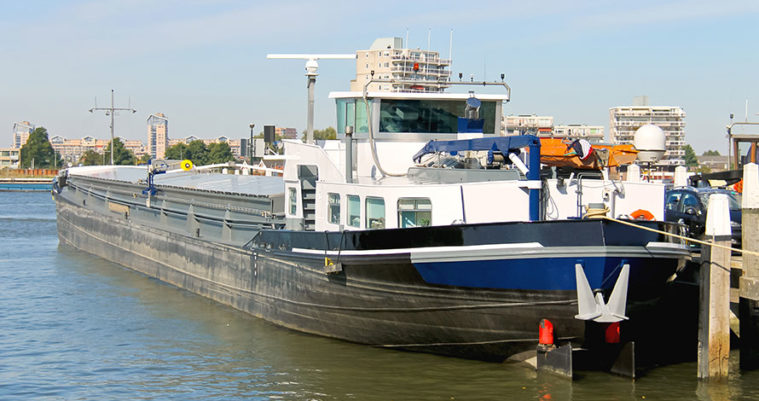Louisiana Lawsuit Sets Maritime Law Standard
Maritime Vs. Land-Based Compensation For Injuries While On The Job
Rules and laws for Maritime injuries are different from those typically used for personal injury cases on land. In negligence cases like car accidents, the person suing must prove that the defendant's negligence was the primary cause of the injury to the plaintiff in order to receive damages for their injury. However, the Jones Act, a law intended to provide seamen with rights while working at sea, provides for a much lower burden of proof. Under the Jones Act, only a small part of involvement need be proven for the plaintiff to be entitled to damages. As such, if the employer's negligence contributed to 1% or more of the accident, the plaintiff can recover damages. This concept is sometimes called “featherweight causation”.
McBride v. Estis Well Service LLC
The recent 5th circuit case of McBride v. Estis Well Service LLC, is a critical case because it sets a possible new standard with regard to recovery of punitive damages in maritime cases. Typically a personal injury lawsuit allows for the recovery of two main types of damages, those intended to compensate the victim for their injuries (compensatory) and those intended to deter the defendant from further activities of the same type that cause the injury (punitive).
The McBride case was filed after an accident occurred aboard a barge operating in the navigable waters of Louisiana. While operating as usual, a truck-mounted drilling rig fell over causing the death of one crew member and the injury of three others. The injured parties filed a lawsuit against the owner of the drilling rig requesting both compensatory and punitive damages under the Jones Act and the general maritime law of unseaworthiness.
Initially, and upon plaintiff request, the district court dismissed all of the punitive damage claims. The case was appealed and the court held that punitive damages could be available to injured seamen. The 5th Circuit then granted review and began their analysis of both the Jones Act and the maritime law of unseaworthiness.
What Is The Jones Act?
Unfortunately, injured seamen are not afforded the same legal rights to worker's compensation as land-based workers when they are injured on the job. For this reason, the Jones Act and general maritime law were created to allow workers legal rights to compensation for their injuries while on the job. Consequently, injured seamen can now recover damages for the negligence of either their employer or the owner of the vessel on which they are working if it is deemed unseaworthy.
The basic principles of the Jones Act hold that a maritime employer must provide workers on their vessel with a reasonably safe place to work. Further, the employer must “use ordinary care to under the circumstances to maintain and keep the vessel on which the seaman works in a reasonably safe condition.” The requirements under the Jones Act are very strict and dictate that an employer could be held liable for unsafe conditions like oil or grease on the deck, equipment that is not properly maintained, failing to provide a crew with proper equipment, failing to properly train a crew or failing to require a crew to follow methods to work safely.
Ultimately, the court in McBride v. Estis Well Service LLC, analyzed the case under the principles of both the Jones Act and the general maritime law of unseaworthiness, holding that punitive damages were not recoverable by an injured seaman. Legal theorists believe that this case will likely serve as an important persuasive authority in other maritime punitive damage claims around the country. As well, the McBride majority opinion will undoubtedly play a critical role in the future litigation of Jones Act/unseaworthiness cases around the country because of its comprehensive analysis from the Fifth Circuit.
Maritime injury cases can be filled with complicated laws that do not follow the same rules as land-based injuries. As such, it is important to have a team of attorneys that are qualified, experienced and familiar with both maritime and personal injury law. J. Price McNamara, is an attorney with tremendous knowledge of both maritime and personal injury law. With offices in Baton Rouge and Metairie, LA, the attorneys at J. Price McNamara are here to answer all of your questions and can even review your case for free. If you’ve been injured in a maritime accident and are seeking compensation for damages or injuries, contact J. Price McNamara today for a free case review and consultation at (225) 201-8311.
J. Price McNamara
Attorney
Losing my own brother, then my father and sister after long, disabling illnesses just a few months apart drove a career change for me. Before that experience, I never truly understood the place you’re in. I never understood the dramatic impact that receiving (or not receiving) the disability and life insurance benefits you paid for and counted on can have on your life especially when you need to focus on family and healing. What I experienced with my own family now drives the way I view my clients and my work, and I will never forget it!
Author's Bio



